For the past 25 years, Becky Kern has coached CEOs, celebrities, athletes and advocates—helping them turn their lived experiences into stories. She became an LPA-certified coach in 2020 to further develop her story-coaching skills. We sat down with Becky for a conversation about her process, her business and plans for the future. The following is a condensed version of that discussion edited for length and clarity.
What was the path leading to the work you are doing now?
I’ve had a remarkable career collaborating with amazing colleagues and clients that I have worked with, and for, as a consultant. Much of my experience has been in healthcare, predominantly for the drug industry at several global and boutique PR agencies doing media relations. A key component of my work entailed working with patients and advocates to help share their experience—whether that be the journey to their diagnosis, their current treatment, their role as a caregiver or their participation in a clinical trial for a new treatment option. These patient and caregiver experiences brought the client’s data and product “to life”—literally and figuratively.
A particular project in 2019—working with patients who were advocating for additional mental health treatment options—cemented my opinion of the importance of message and messenger, and the value of authentic first-person narratives, which in turn led me to Living Proof Advocacy. The LPA training really opened my mind to a valuable perspective, one that truly puts the patient voice in the center of the storytelling process.
How has that shift changed your work?
My role as a coach is to provide insight on how to tell an effective story—with a beginning, middle and end. One key to doing that is providing a supportive and empathetic environment that empowers the speaker to own their story and allowing them to choose the level of detail that they are most comfortable sharing. I approach the coaching process in a protective way. I think about the patient's story as being so special to them.
I also see my role as helping to ensure the story is shared at the right time, in the right place whether that is at a medical conference, a media interview or a social media post, and with the right audience—really focusing on who needs to hear it, so it has the impact the advocate wants it to have.
How do you help move advocates from a “raw” story to one that can have the desired impact?
Oftentimes advocates or those with lived experience don't know what parts of their story the audience needs to hear or where it should begin. For example, their natural tendency is to tell the story in chronological sequence. So, the first step in the process is letting them share their unstructured, free-flowing story. We spend an hour together and they share their experience.
Everybody knows their own story, and it always makes sense to them, but for the audience to engage, the story needs to follow a structure. In the LPA certification training you learn to help advocates hit the “sweet spot” of telling a well-told advocacy story—one that will move listeners from apathy to empathy to action. Step two is asking guided questions. Knowing the right questions to ask is an integral part of coaching that helps frame the story and provides guardrails; asking for the pieces of the story along their story arc that will bring the audience along.
For example, I recently worked in the maternal mental health space, where very often the stories were extremely personal stories that women may not want to recount because of the trauma, shame and stigma associated with the disease. The retelling of a painful experience could be triggering. The LPA training enabled me to guide them toward a perfect balance between an emotionally raw story and overly prepared and rehearsed version. The well-prepared advocate story is both authentic and focused on a goal—not just moving audiences but motivating them to act
I would let them know that not everything that is part of their journey needs to be shared. There are certain things you may want to hold back and that remain sacred.
Having agency over your experience and knowing that you don't have to share everything to get to a point is so important and acknowledging that builds trust between the coach and the advocate.
What are your future career plans to leverage your LPA training?
My goal is to provide a strategic process that couples the training that I've received from LPA and my media expertise to bring advocacy organizations and companies together to achieve business goals.
Using the right story at the right time for the right purpose, rather than getting a patient story and checking a box. I see an opportunity to be the conduit between industry and advocacy by putting the patient voice in the center and allowing patient authenticity to shine through.
Reach out to Becky here.



